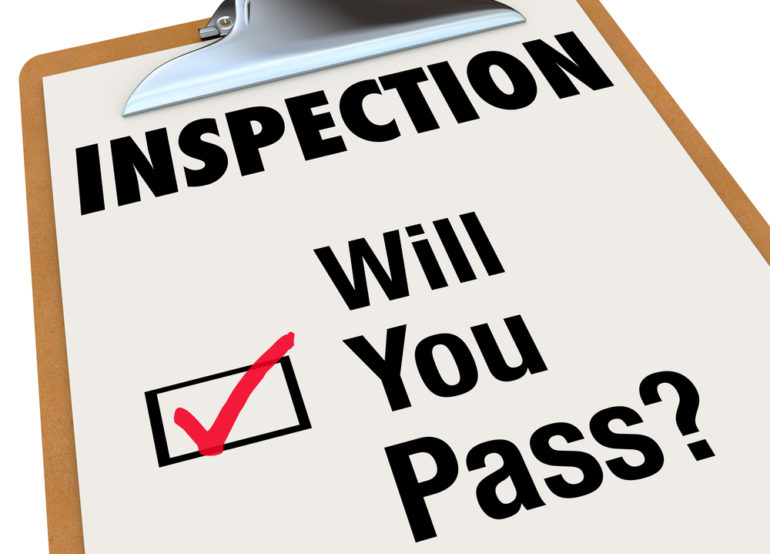Ask anyone in the middle of buying a home and they will tell you that, while it is a long process full of many scary steps, one of the most nerve-wracking parts of the entire affair is the pre-purchase home evaluation. There are countless stories of sales over the years that have fallen through because of this inspection, and yet you pretty much can’t buy or sell a home without one. If you’re not sure what this evaluation is, or why it’s important, read on to learn more.
What is a pre-purchase evaluation?
Simply put, a pre-purchase evaluation is a house inspection. Once an offer has been made for a house, the buyers will arrange for a knowledgeable expert to come visit the property in question and inspect it. This evaluation is thorough, and through the course of the walk through the inspector will assess the condition of the house both inside and out. This inspection usually includes, but is not limited to, things like the foundation and subfloor, the roof, the plumbing, electrical wires, gas lines, walls, and windows. Of course, different inspectors might look for different things, and some buyers will sometimes make certain requests for the inspector.
Why is this evaluation necessary?
If you’re spending a lot of money on a house, and potentially spending the next thirty years of your life paying it off, it only makes sense that you want to make sure you are buying a house in good condition. The evaluation helps to make sure the house is in good condition. Without this, you could buy a house, only to spend the rest of your life dumping more money into it.
What happens if the evaluation turns up a problem?
Many people think that if an inspection turns up a problem then that automatically means the sale if off, and while that can be true, it’s not always. Really, what the evaluation does is give the buyer a chance to decide if the found issue is enough to renegotiate a price. If so, they might contact the seller and explain their concerns. The seller might agree to alter the price, or might offer to have the issue corrected beforehand.
If the buyer decides they still want the house, the inspection serves another useful purpose: giving them an informed idea of future repairs. The information from the inspection can help them understand what exactly needs to be repaired, how much it might cost, and how long it will take.
So, as you can see, the pre-purchase evaluation might be scary, but it serves a useful purpose. Without the knowledge from this inspection, a buyer is potentially spending a lot of money without knowing exactly what it that they’re buying. If you’re interested in learning more about pre-purchase evaluations, please contact us today!



